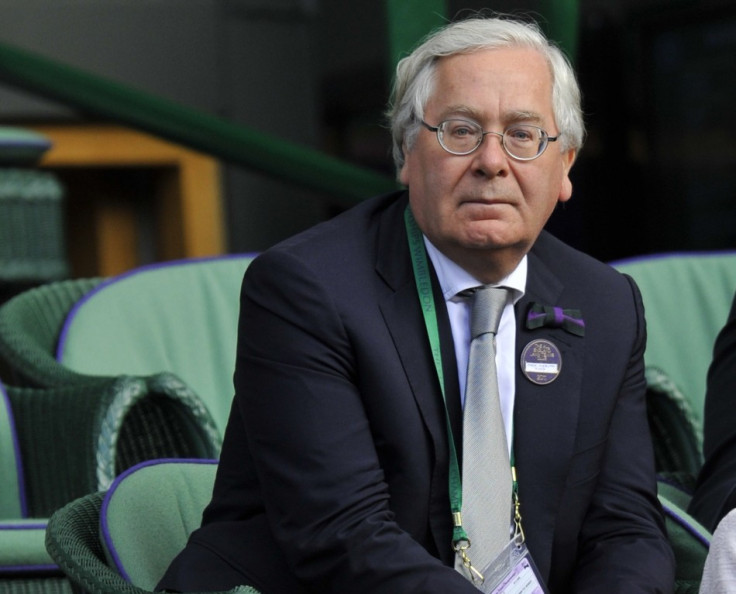Mervyn King Explicitly Warned in 2008 About Libor Rigging by US Officials

Mervyn King and the Bank of England's role in the global libor-rigging scandal has come under intense scrutiny with the revelation that the Governor was warned at least four year ago by senior US officials over the "deliberate misreporting" of banks in setting the key lending rate.
US Treasury Secretary Tim Geithner, then head of the New York branch of the US Federal Reserve, warned King in a personal email sent in late May 2008 of the need to "strengthen governance and establish a credible reporting procedure" in the inter-bank lending rate that underpins more than $350bn in global securities.
The email lays out six different recommendations to the Bank of England Governor, including establishing a second daily setting of libor rates in order to "enhance the credibility" of the first.
In response, the Bank of England published correspondence from King to Geithner in which the Governor said "the recommendations proposed by the New York Fed seem sensible to us ... we will ask the (British Bankers Association) to include in their consultation document the ideas contained in your note."
The explosive email, published in the Washington Post , immediately casts doubt on the accuracy of the testimony earlier this week of King's Deputy, Paul Tucker, to the Treasury Select Committee (TSC), in which he claimed to have no knowledge of deliberate libor misreporting and thought the market was "dysfunctional, not dishonest".
It will also raise serious issues about King's direction intervention into the resignation of former Barclays CEO Bob Diamond, who abruptly stepped down last week after his Chairman, Marcus Agius, was explicitly told by King in a meeting at the Bank of England that Diamond "no longer enjoyed the support of his regulators".
Barclays was forced to pay nearly half a million dollars in fines to US and UK authorities after admitting that traders within the group had plotted to manipulate the inter-bank lending rate on several occasions before and during the global financial crisis. To date, Barclays is the only firm to have publically admitted wrongdoing, although some analysts suggest the world's biggest banks could be facing collective fines totalling more than $20bn for their role in the scandal.
However, the implication of King and the role of his Deputy, who was revealed to have had a phone conversation with Diamond during the financial market turmoil of late 2008 in which he may have suggested that "senior official" in the British government were concerned that Barclays was reporting funding costs that "didn't need to be so high". Tucker vehemently denies that this was an attempt by him to ask Barclays to make inaccurate submissions.
Nonetheless, TSC members, who have hinted that Diamond may have misled them with parts of his testimony and could be recalled for questioning as a result, may wish to consider whether King himself needs to explain the meaning of the Geithner email and whether it led to any changes in policy or oversight by the Bank of England or the Financial Services Authority.
The Committe, which chastised Tucker for not revealing information regarding his correspondence with Diamond prior to the former CEO's testimony, may also seek to clarify why such a key piece of communincation between the Bank of England and the US Federal Reserve was kept from them while they questioned the central participants in the affair.
© Copyright IBTimes 2024. All rights reserved.





